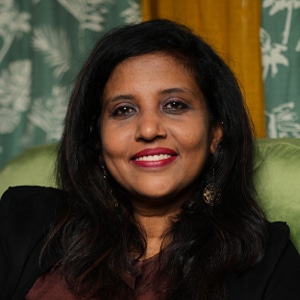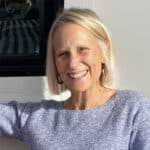Scholars Program Is Empowering Women Across India

“A defining moment.”
That’s how Dr. Kavitha Emmanuel, a pastor and marketplace leader in Chennai, India, described the difference the Movement Day Scholars Program has made in her life and city.
The founder of the Disruptive Women ministry, Kavitha leads a movement that seeks to disrupt the status quo by giving women a voice in a culture where they are marginalized and by helping to give them a seat at the table when it comes to leadership in the Church.
“India is considered one of the most dangerous places in the world for women and girls,” Kavitha said. “There is human trafficking, institutionalized violence against women, domestic violence, and a high suicide rate. In the family structure, women very often do not have a voice.”
For the last three years, Disruptive Women has continued to multiply in South Asia by hosting Esther Challenge events at churches during the month of March (Women’s History Month). In 2025, 18 different cities signed up for the Esther Challenge.
“We welcome churches to not only celebrate women but also study the gaps that exist in communities and families,” Kavitha said.
Kavitha was inspired to start Disruptive Women in Chennai after reading Mac Pier’s book, A Disruptive Gospel, and hearing Leticia Shelton (author of the Disruptive Women book series) speak during a Movement Day Scholars training event.
“All these things came together, and I felt the Spirit of God nudging me and saying, ‘You need to do something called Disruptive Women in India.’ I am really excited about what God is doing with a small seed that has begun to take root and grow.”
As the Disruptive Women’s movement grows, cities will be transformed. Kavitha is simply not satisfied with a “few women here and there” in leadership positions, especially when you consider that more than 50 percent of church attendees in India are women.
“The end goal is to accelerate the Great Commission,” she said. “We cannot reach the whole city with the whole gospel if half of God’s image is absent. We need women at the tables. We need to reach women.”






